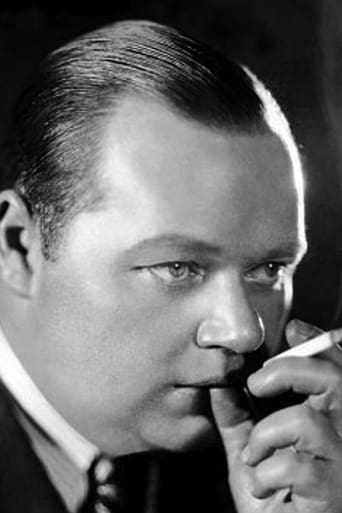Trending Searches:
Popular Movies:
 Roscoe 'Fatty' Arbuckle
Roscoe 'Fatty' Arbuckle
Birthday
1887-03-24Place of Birth
Smith Center, Kansas, USABiography
Roscoe Arbuckle (March 24, 1887—June 29, 1933), rotund American comedian and film director whose successful career was halted by the first of the major Hollywood scandals. Weighing between 250 and 300 pounds for most of his adult life, he amazed audiences with his physical prowess and gained a reputation for versatility. After a few tentative stabs at film acting between 1908 and 1910, he was hired by Mack Sennett’s Keystone comedy studio in 1913. Appearing opposite such seasoned clowns as Ford Sterling, Mabel Normand, and Charlie Chaplin, “Fatty”Arbuckle quickly emerged as one of Keystone’s top attractions. From late 1914 onward he wrote and directed virtually all the comedies in which he starred, including such classics as Fatty and Mabel Adrift (1916) and He Did and He Didn’t (1916). After completing three films back to back in September 1921, an exhausted Arbuckle attended a weekend party at the St. Francis Hotel in San Francisco. A few days after the drunken festivities, one of the participants, movie starlet Virginia Rappe, died of a ruptured bladder. On the basis of questionable “eyewitness” testimony, Arbuckle was accused of rape and manslaughter by a battery of politically ambitious prosecutors. He also endured a prejudicial “trial by headline,” orchestrated largely by newspaper mogul William Randolph Hearst. Ultimately, three court trials were held; the first two ended in hung juries, but the third resulted in a full acquittal. An impassioned statement by the third jury began “Acquittal is not enough for Roscoe Arbuckle. We feel that a great injustice has been done him.” Hollywood’s top executives, hoping to deflect attention from other scandals in the motion picture industry, persuaded censorship czar Will H. Hays to ban Arbuckle from the screen. Throughout the 1920s and early ’30s, Arbuckle found work as a film director using the pseudonym William Goodrich (his father’s name) and enjoyed modest success in vaudeville and as co-owner of a popular California nightclub. Thanks to a letter-writing campaign inaugurated by his friends in the movie industry, he made an impressive screen comeback in 1932 as the star of a series of Vitaphone two-reel comedies. On the eve of signing a lucrative feature film contract with Warner Bros., he died in his sleep at age 46.